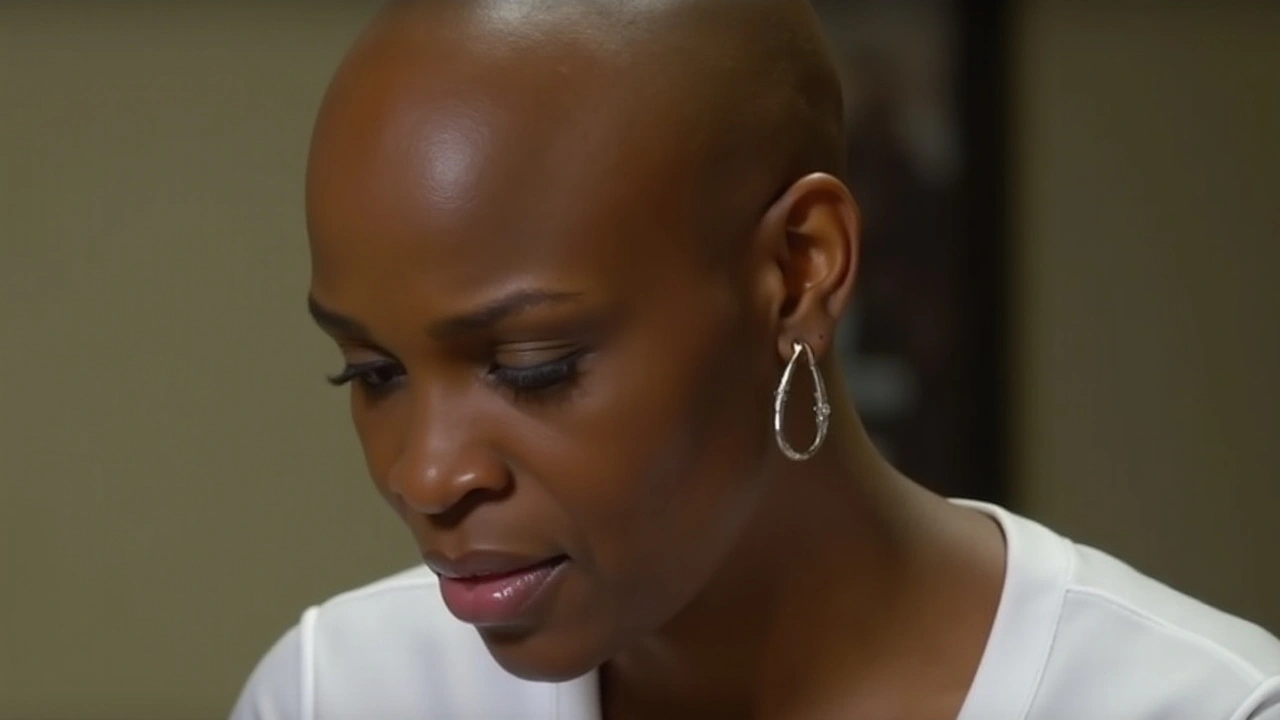When someone mentions breast cancer, most of us immediately think, "That's something that happens elsewhere." The truth is, breast cancer is a real issue for women (and men) in Africa—maybe more than you realize. Knowing the facts can actually save lives, especially when early detection is possible through regular self-checks and screenings.
So why are breast cancer cases rising across Africa? A lot boils down to changing lifestyles: more people live in cities, diets are shifting, and physical activity is dropping. Some studies from South Africa and Kenya show urban women face higher risks than women living in rural villages. But it’s not just where you live—it’s about knowing your risk.
Many folks assume breast cancer mostly affects older women. While age plays a role, it’s important to know younger women can get it too, and the rates are climbing in women under 40. Family history matters, but most people diagnosed don’t have any close relatives with cancer. That’s why no one should shrug off a lump in the breast or unusual changes. If you notice dimpling, unusual pains, nipple changes or skin thickening, see a medical professional, even if you’re young.
Detection is where Africa faces bigger hurdles. Regular mammograms aren’t widely available outside big cities. But that doesn’t mean you’re powerless. Doing monthly self-exams and visiting local clinics for basic checks makes a real difference. There are campaigns—especially in major cities like Nairobi, Lagos, and Johannesburg—teaching women (and men) to look out for the warning signs and act quickly.
Treatment today is improving but comes with challenges. While some private hospitals offer top-notch care, most Africans rely on government hospitals. These places can be crowded and underfunded, and advanced treatments like chemotherapy or targeted therapy might not be right around the corner. That’s why early detection is the best bet—you get simpler, more effective treatment and a much better shot at a full recovery.
Support goes a long way because dealing with breast cancer isn’t just about medicine—it’s about mental health, money, family, and jobs. Across Africa, support groups are popping up to help survivors and people under treatment share their stories, deal with stigma, and find practical help. In South Africa and Ghana, for example, support organizations link patients with counselors, offer rides to appointments, and even help with childcare when moms need time to heal.
So, what can you do for yourself or loved ones? Know your body. Ask questions at the clinic. Remind others to look out for any changes. If you’re a survivor or supporting someone who is, know that you’re not alone—more Africans are beating breast cancer each year by staying informed and connected.
Remember, breast cancer awareness isn’t just for one month of the year. Knowledge, vigilance, and talking about it openly are your strongest tools. Share what you know—the information could mean everything to someone close to you.

Winnie Bwire Ndubi, esteemed for her role as ‘Dida’ in ‘Sultana’, has died after a prolonged fight with breast cancer. Known for her talent and resilience, she passed away on September 5, 2024, while seeking treatment in Turkey. Her family expressed gratitude for the support during this difficult journey, promising to share more details soon.
Read More >>